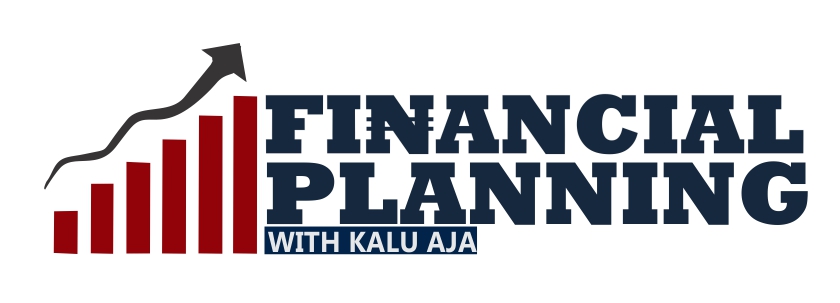Lets speak this week on bank loans,
So in starting a business, you can finance your operations with debt or/and equity. Both have advantages and disadvantages
- Debt means you pay interest, equity means you lose sole control. In many business a combination of debt and equity is used. There are financial instruments called Preference Shares that combine the features of debt and equity.
- In taking up any offer of debt, the first question is can your business afford to make the interest payments on time? The way it works is your interest payments are always separated from your principal payments, if you don’t pay interest, the default interest charges are added to the debt and it balloons, creating negative compounding.
- Your business must be able to pay the interest payments from the sales income that flow to the gross earnings, not from other extraordinary events such as selling an asset. So if you borrow N100,000.00 at 10%, then the interest payment is N10,000. This must be paid from Gross Income.
- If you’re taking a personal loan, then you MUST be able to repays on your budget from your Gross Income
- So taking debt to invest in your business is good if it’s cheap. So where can we find “cheap” debt, first is interest free loans from our family and friend. There are also Intervention loans which are really just commercial loans subsidized by the Federal Government of Nigeria.
I will take time and talk about the N220 billion Micro, Small and Medium Enterprises Development (MSME) Fund designed by the Central Bank of Nigeria (CBN) to support entrepreneurs. I like this fund particular because 60% of the fund, representing N132 billion, is earmarked for providing financial services to women-owned businesses. In addition, two per cent of the wholesale component of the fund was set aside for economically active persons with disabilities (excluding mental disabilities).
The loans are for micro enterprises and Small & Medium Enterprises, Interest payable is 9% per annum but you need collateral.
Micro-loans which are loans of less than N500,000.00 To qualify for the scheme, micro entrepreneurs, that is, borrowers may approach any of Microfinance banks, NGOs/Microfinance institutions, financial cooperatives or finance companies,
Eligible activities that can be funded under microenterprises are Agricultural value chains, cottage industries, artisans, services to hotels, schools, restaurants laundry etc, renewable energy, trade and commerce
Small and Medium Enterprises (SMEs), who seek between N500, 000 and N50million, are to apply to any Commercial Banks, Bank of Industry (BOI) or Bank of Agriculture.
Eligible activities that can be funded under microenterprises are Manufacturing, Agricultural Value Chains, educational institutions, Renewable Energy
State governments can access up to N2 billion each for lending to eligible beneficiaries through participating financial institutions in their states. To date these are the states that have signed on Anambra, Akwa Ibom, Delta, Osun, Oyo, Bayelsa, Gombe, Enugu, Ondo, Benue, Borno, Imo, Taraba and Zamfara.
This N220b MSME loan s a good place to start if you want “cheap” debt, especially if you’re a female entrepreneur So go speak with your microfinance or commercial bank about this
Financial Jargon of the Week
Preference Shares
Preference share is a share which entitles the holder to a fixed dividend, whose payment takes priority over that of ordinary share dividends. So its equity ownership but the investor also gets a fixed return.
Question of the Week
Have you heard of the N220b CBN MSME Loan for entrepreneurs at 9% interest rate ?
